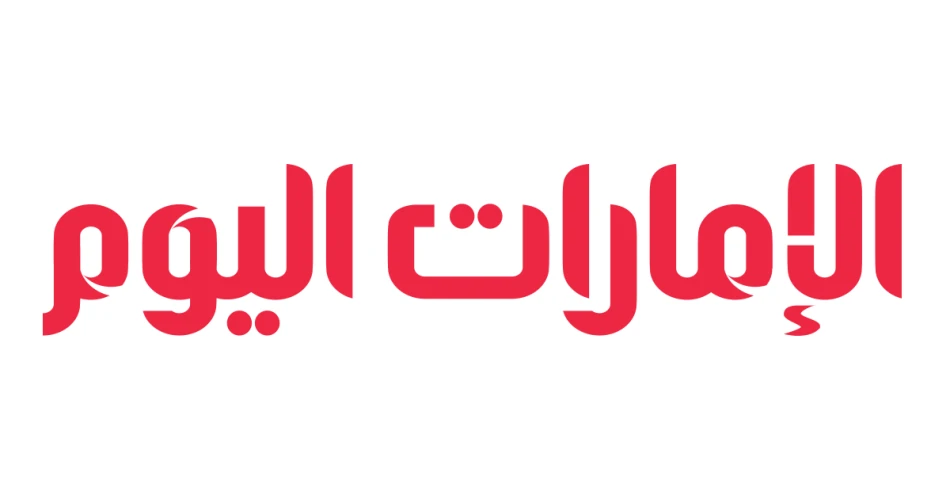
Pioneering U.S.-Dubai Medical School Partnership Establishes First American-Affiliated Medical College in the Region
UAE Takes Bold Step Toward Medical Education Leadership with Penn Medicine Partnership
The American University of Dubai has forged a groundbreaking alliance with the University of Pennsylvania's Perelman School of Medicine to establish the UAE's first American-style medical college. This strategic partnership represents more than an academic milestone—it signals the Emirates' ambitious push to transform Dubai into a global healthcare and medical education hub, potentially reshaping the region's approach to medical training and research.
A Historic Medical Education Alliance
The partnership brings together two prestigious institutions with complementary strengths. Penn Medicine, America's first medical school and teaching hospital, will share its centuries-old expertise with the American University of Dubai to create a medical program that combines advanced American educational practices with the specific healthcare needs of the UAE market.
The new medical college will offer a Doctor of Medicine (MD) program designed to train physicians capable of delivering exceptional healthcare both locally and internationally. This approach mirrors successful models seen in Singapore and other regional education hubs that have attracted top-tier Western universities to establish satellite programs.
Strategic Timing and Market Positioning
The announcement comes at a pivotal moment for the UAE's healthcare sector. With the country investing heavily in medical tourism and positioning itself as a regional healthcare destination, the demand for locally-trained, internationally-certified medical professionals has never been higher. The partnership addresses a critical gap in the region's medical education infrastructure while reducing dependence on foreign-trained physicians.
Economic and Strategic Implications
From an investment perspective, this partnership represents a significant vote of confidence in the UAE's long-term economic diversification strategy. Healthcare education typically requires substantial upfront investment but generates consistent returns through tuition, research grants, and associated economic activity.
Dr. J. Larry Jameson, President of the University of Pennsylvania, emphasized the global significance of the collaboration: "This cooperation aims to support the establishment of the first leading academic medical institution in the UAE. This achievement will enhance the global ranking of the American University of Dubai and the international standing of the University of Pennsylvania."
Regional Competition and Differentiation
The move positions Dubai in direct competition with other regional education hubs. Qatar has invested billions in Education City, hosting branches of multiple American universities. Saudi Arabia's NEOM project includes plans for advanced medical facilities and education. The UAE's approach, however, focuses on practical integration with existing healthcare infrastructure rather than building entirely new cities.
Implementation Strategy and Innovation Focus
Dr. Kyle Long, President of the American University of Dubai, highlighted the transformative potential: "We are witnessing a historic moment with the launch of the first American medical college of its kind in the UAE. The college will work in partnership with Penn Medicine to prepare a new generation of doctors, enhance scientific research, and contribute to improving healthcare outcomes."
The program's emphasis on combining clinical training with academic excellence reflects modern medical education trends. This integrated approach has proven successful in countries like Australia and Canada, where medical schools have strengthened ties between universities and healthcare systems.
Research and Innovation Catalyst
Dr. Glenn Gaulton, Associate Dean and Director of the Center for Global Health at Penn Medicine, revealed the global context: "More than 60% of our global projects focus on medical education as the foundation for building robust health systems worldwide." This statistic underscores Penn Medicine's commitment to international expansion and knowledge transfer.
Market Impact and Future Outlook
The partnership is likely to attract significant interest from prospective students across the Middle East, Africa, and South Asia. Dubai's strategic location, combined with Penn Medicine's reputation, could create a powerful draw for international students seeking American-standard medical education without the visa complexities and costs of studying in the United States.
For healthcare investors, the development signals growing sophistication in the UAE's medical sector. The presence of a world-class medical school typically leads to increased research funding, pharmaceutical partnerships, and medical technology investments in the surrounding ecosystem.
Challenges and Considerations
Success will depend on several critical factors: securing appropriate clinical training partnerships with UAE hospitals, attracting high-caliber faculty, and maintaining Penn Medicine's rigorous academic standards while adapting to local cultural and regulatory requirements. The program must also demonstrate clear pathways for graduates to practice both regionally and internationally.
The initiative represents more than educational expansion—it's a strategic investment in the UAE's vision of becoming a knowledge-based economy. If successful, this model could inspire similar partnerships across the region, fundamentally changing how medical education is delivered in the Middle East.
Most Viewed News

 Sara Khaled
Sara Khaled






